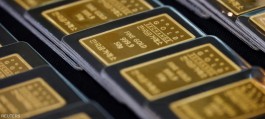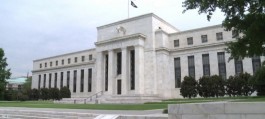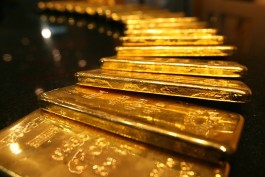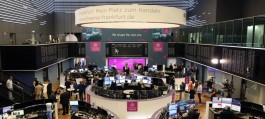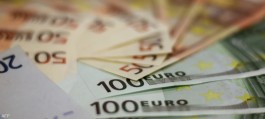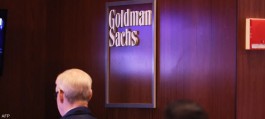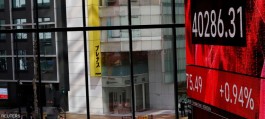Tesla has asked the European Union to subject its electric cars to a lower tariff rate than other manufacturers that ship cars to the bloc from China, arguing that it has benefited from less significant Chinese government support than other companies.
The automaker has applied for an individual check that could lead to tariffs at a level commensurate with the subsidies it received, according to Olof Gill, a spokesman for the European Commission. Other companies producing in China could request such a measure later this year to avoid a 21% duty on top of the current 10% tariff.
There’s a lot at stake for Tesla in its quest for lower tariff rates. CEO Elon Musk has led the charge to ship electric cars to the EU from China, with the company’s Shanghai factory being the main export hub. While Tesla assembles its Model Y SUV in Germany, it ships Model 3 sedans to the EU from its Chinese factory.
Fees on major producers
The European Commission announced on Wednesday that Chinese state-owned carmaker SAIC Motor Corp, owner of the British MG brand, will be subject to an additional 38.1% tariff. The EU will apply a 20% duty on cars imported from China’s Geely Holding Group, which makes Volvo and Polestar, and a 17.4% duty on BYD cars.
Chinese EV manufacturers that cooperated with the Commission’s investigation but were not part of the sample of three companies will be subject to a weighted average duty of 21%, while those that did not cooperate will be subject to a 38.1% duty.
















